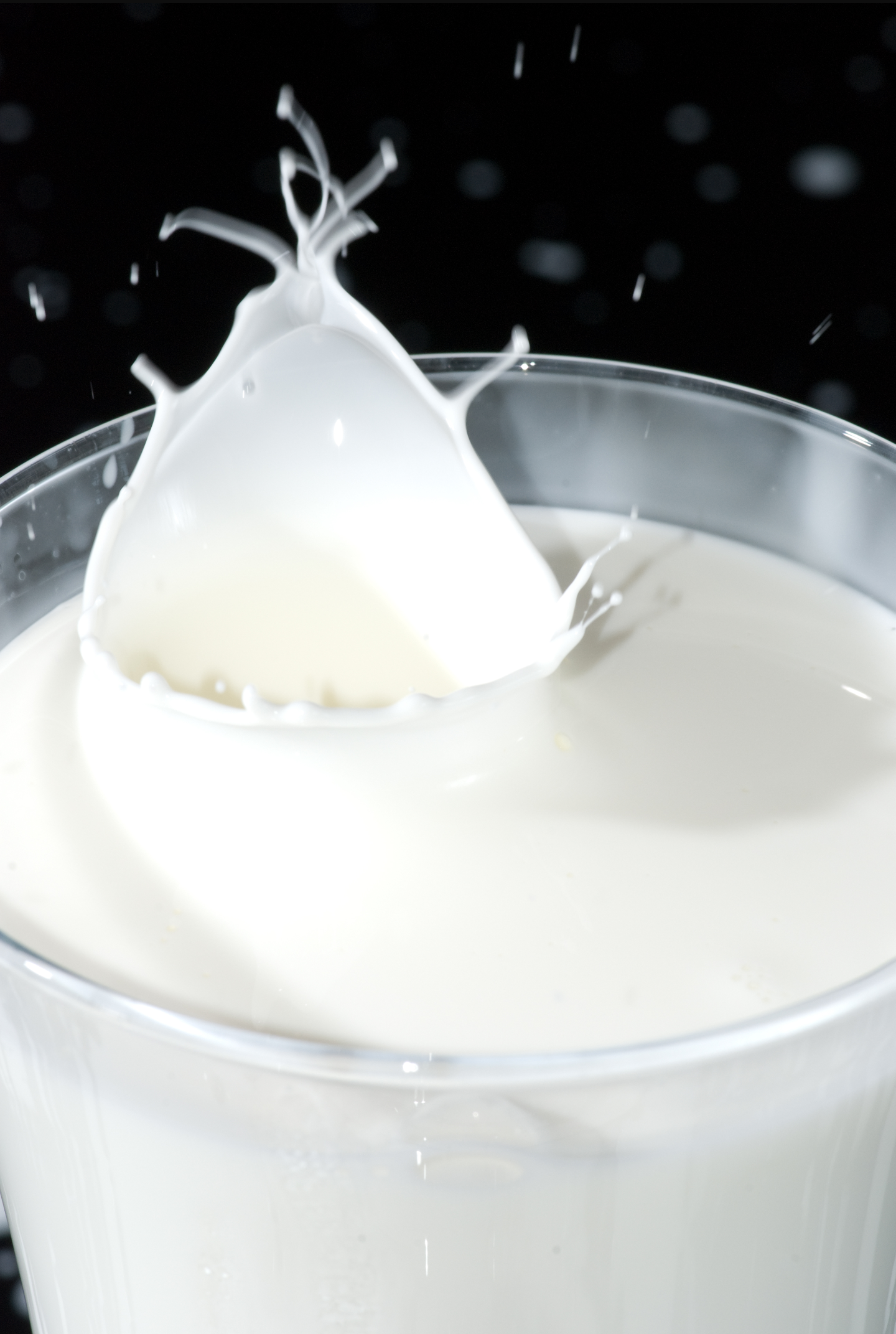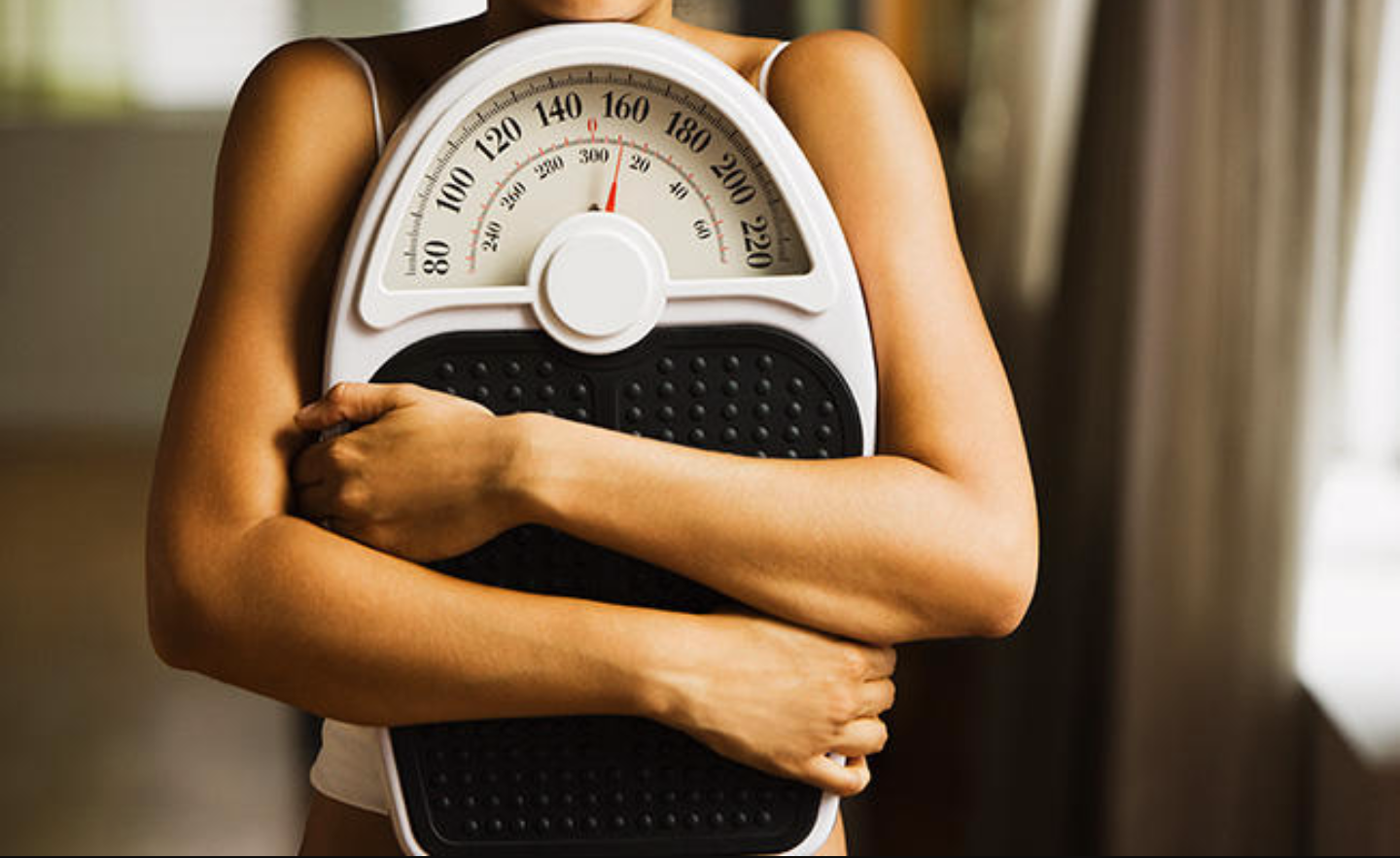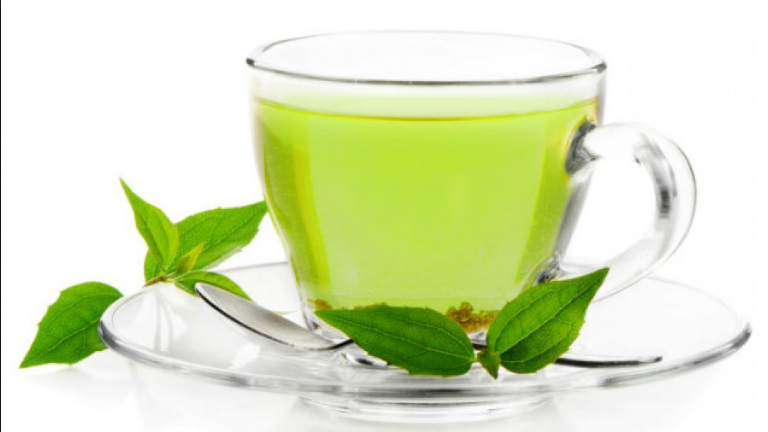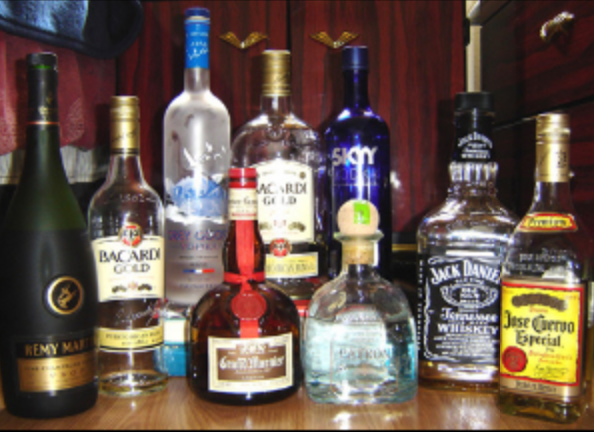
As Christmas Day quickly approaches, it is a question that is on the minds of weight loss hopefuls. The answer is much more complicated than counting calories. Unlike carbohydrates, protein, and fat, alcohol is not an essential source of calories, nor is it significant source of vitamins and minerals your body needs to function. However, many people who are in good shape swear by a drink or two every now and then. Are they the exception or the rule?
Calories in Alcohol
Pure alcohol serves up 7 calories per gram, almost twice as many calories as carbohydrates and close to the 9 calories in a gram of fat. That makes that cocktail, margarita or Mai Tai a heaping mound of calories in a small glass. Just a 1.5 oz shot of 80-proof gin, rum, or vodka can add 100 calories to any drink. When you think of the addition of fruit juice, soda, or grenadine (a liqueur), you’re looking at a calorie-infusion that could add up to meal-size calorie counts. If you want to save calories, have alcohol straight with fresh fruit, or mixed with club soda, or stick to plain old wine.
Lowering Your Inhibitions
Beyond calories, something else to consider is alcohol’s ability to lower inhibitions. To keep yourself from overindulging, eat a well balanced meal with protein and fiber before you start drinking. It will also help you steer clear of searching for a late-night meal, when your only options may not include low-calorie foods like fruits or vegetables. Research shows that drinking before a meal may increase your caloric intake by 20%.
Alcohol’s Impact on Metabolism
A ‘beer belly’ is not caused by alcohol alone, but there are some direct correlations between alcohol and fat metabolism. When you drink alcohol, your metabolism slows down its energy conversion of fat and carbohydrates to first get rid of the alcohol in your body. Manuel Villacorta, MS, RD, CSSD, a national spokesperson for the Academy of Nutrition and Dietetics shares, “Drinking alcohol stops fat metabolism in the liver causing it to build up around the waistline.†Of course this “build up” only happens in the presence of excess calories. In addition to staying under your calorie limit, rev up your metabolism by staying active and not skipping meals.
Alcohol’s Impact on Your Sleep
Even if you do control your alcohol calories, and keep your metabolism revved, consuming alcohol can have a major impact on your ability to have a good night’s sleep if you consume it right before bed. Michael Breus, PhD tells WebMD that even if alcohol helps you go to sleep, it’s detrimental to your sleep experience. “It will keep you in the lighter stage…it will also wake you up in the middle of the night to go to the bathroom, it will also dehydrate you which can affect your sleep.†He explains that alcohol consumption inhibits “deep sleep†stages 3 and 4, “where we see the increase in growth hormone, the cell repair, and the overall damage-from-the-day repair.†He continues that the resulting fatigued feeling can rob a person from feeling refreshed in the morning. Lack of sleep could affect not only your ability to workout effectively, but it could also hinder your well-intentioned eating habits. Just as you should aim to not eat 2 to 3 hours before bed, you should give up the glass or bottle within this time frame to enjoy a good night’s rest.
The Bottom Line
All things being equal, if you continue to burn more calories than you consume, you will lose weight. However, if lowering your caloric intake of food to accommodate 1 or 2 glasses of alcohol, ensure not to cut out essential calories from complex carbs, healthy fats and proteins. Also, while drinking on its own will not inhibit weight loss, depending on the frequency and level of consumption, the effects of drinking alcohol could have a negative impact on your ability to eat good food, sleep well, and lead a healthy lifestyle.
Source: Caloriecount.com;Â
Edited by Rachel Berman 10/21/2013; Gabrielle Williams 28/10/13
Like this:
Like Loading...










